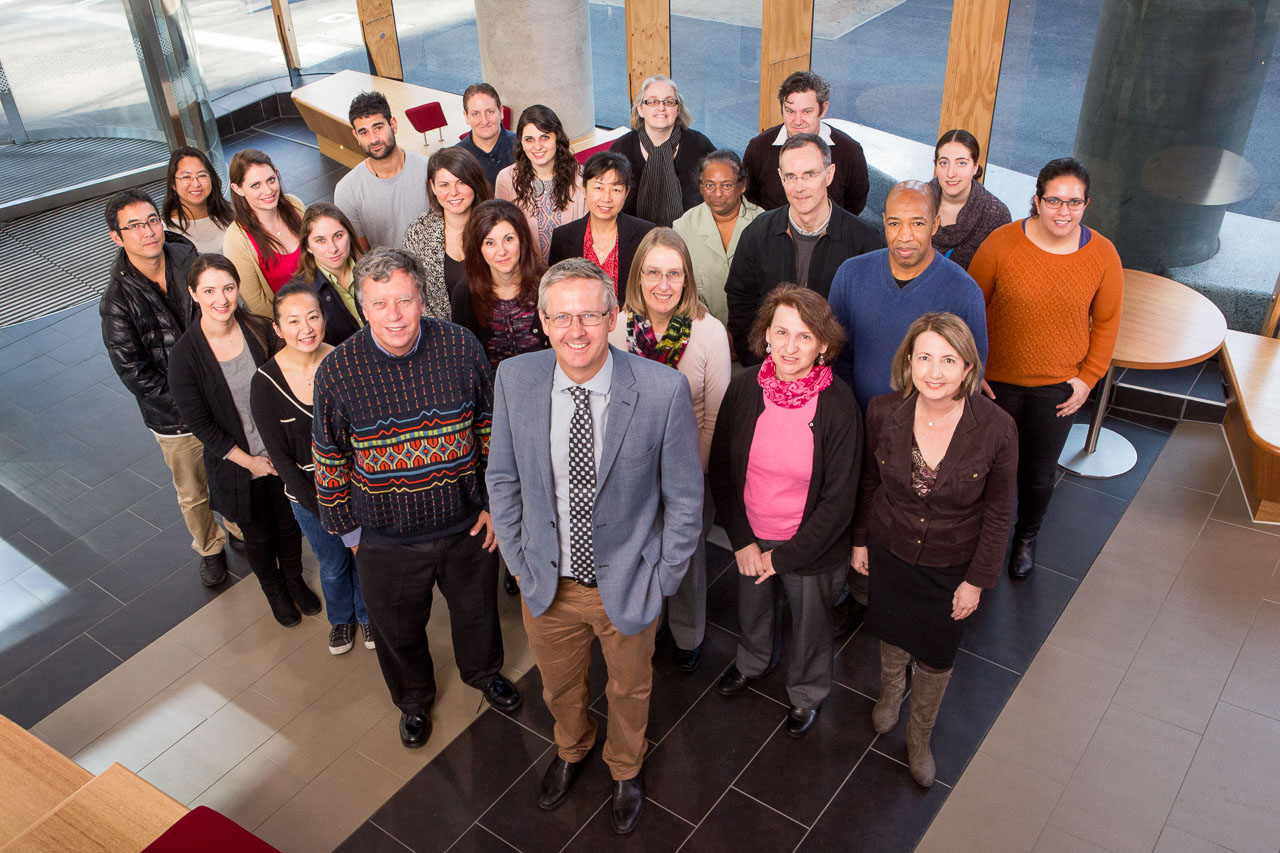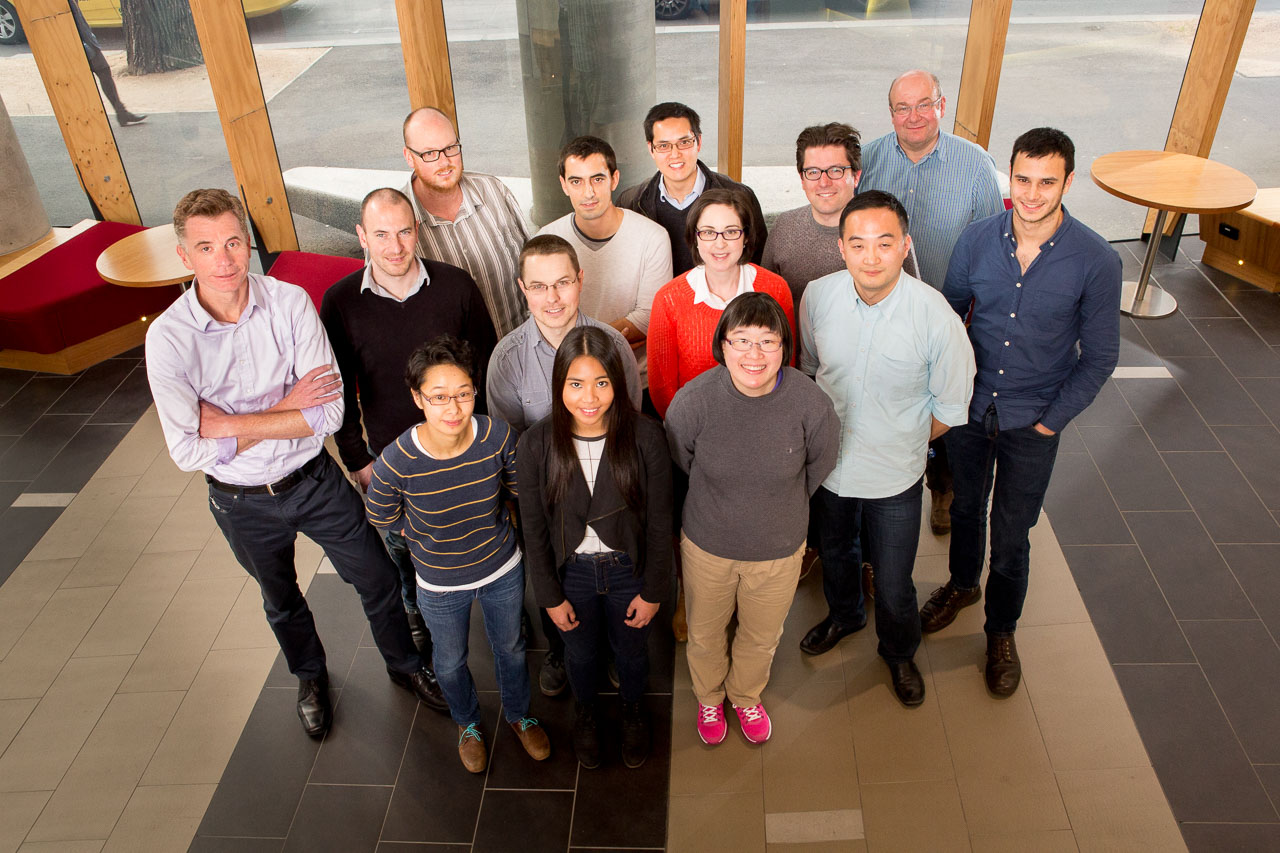Dr Andre Mu is a microbial ecologist and bioinformatician. Andre’s research includes understanding the key role the microbiome of natural and built ecosystems play in the persistence, and transmission, of antimicrobial resistance genes and key microbial pathogens (e.g., vancomycin resistant Enterococcus faecium). Andre utilises a wide array of culture-dependent and -independent techniques, including multi-omics (metagenomics, transcriptomics, and metabolomics), bioinformatic analyses, bacterial physiology assays, and in situ sampling to answer research questions.
-
Key Achievements
-
Andre has a doctoral degree from The University of Melbourne (2016) in interdisciplinary sciences, including molecular microbiology, microbial ecology, and geological sciences.
Andre has been awarded competitive fellowships to establish international collaborations, including awards from the Natural Sciences and Engineering Research Council of Canada (2013) to investigate how microbial communities respond to anthropogenic perturbation using 16S metagenomics; and the Australian Endeavour Research Fellowship (2018) to collaborate with Prof Rob Knight (UCSD) on integrating bioinformatic analyses of metagenomic and metabolomic data towards understanding how the gut microbiome facilitates the enhanced colonisation with VRE.
Andre also co-leads the experimental phase of a multi-million-dollar research project (funded by Bioplatforms Australia) involving Principal Investigators from across Australia. The BPA funded project aims to develop a framework dataset enabling the identification of core targets common to sepsis pathogens (i.e., Staphylococcus aureus, Klebsiella pneumoniae, Escherichia coli, and Streptococcus pyogenes) using high-throughput genomics, transcriptomics, metabolomics, proteomics, and integrative bioinformatic analyses.
Research Groups
-
Howden Group
Research from Professor Ben Howden’s group research uses genomics, molecular biology, epidemiology and clinical studies to address a broad range of issues related to invasive bacterial diseases in humans, especially those caused by staphylococci, enterococci and other antimicrobial-resistant species. Additionally, working closely with scientists in the MDU PHL, they investigate the epidemiology, evolution, and spread of bacterial pathogens of public health significance such as Neisseria gonorrhoea, Listeria monocytogenes, Shigella and Salmonella spp., Legionella spp., and carbapenemase-producing gram-negative bacteria.
Lab Team

-
Director Of Microbiological Diagnostic Unit (MDU) Public Health Laboratory
-
Clinical Microbiologist & Infectious Diseases Physician
-
-
Computational Microbiologist, Bioinformatician
-
-
-
Dr Anders Gonçalves da Silva
-
-
-
-
-
-
-
-
Dr Andre Mu
Research Officer
-
Robyn Lee
Research Fellow
-
Stinear Group
Tim Stinear’s group’s research addresses priorities across four connected themes that including hospital superbugs, pathogenic mycobacteria, natural product discovery and public health genomics that aim to understand and contain the spread of bacteria causing serious human disease.
Lab Team

-
Laboratory Head and Director of the WHO Collaborating Centre for Mycobacterium ulcerans
-
-
-
Jessica Porter
Research Assistant
-
Kirstie Mangas
PhD Student
-
Andrew Buultjens
PhD Student
-
Andre Mu
Research Officer
Full University of Melbourne profile





